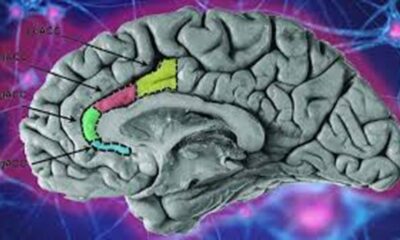According to a study, work-life balance is just as crucial for older adults even though it may appear a little different for them than it does for younger folks balancing work and children.
According to the research, individuals over 55 should have a modified work-life balance that accounts for social involvement, aging, and employment. In particular, researchers sought to determine whether a healthy work-life balance could guard against depressive symptoms.
The group assessed social interaction, working hours, and depression symptoms. Working more than 55 hours each workweek was deemed to be overtime. The group developed a number of categories that displayed social interaction and working hours. Age divisions were also made among the participants.
People who worked 35 to 54 hours a week, more than 55 hours a week, or not at all were 1.34, 1.49, and 1.74 times more likely to have depression symptoms than participants who worked up to 34 hours a week.
5,751 adults (2,492 men and 3,259 women) from Korea provided the data. Many older adults in Korea live in poverty and continue to labor well into old age. The authors observed that there was a greater chance of depressive symptoms among older persons who worked longer hours. Longer working hours combined with high social interaction prevented depressive symptoms in those who engaged in them.
The researchers concluded that working generally has more favorable impacts than not working at all and that participating in enough informal social activities can help prevent depressed symptoms.
Researchers found that a lack of social interaction and employment responsibilities in older persons might lead to health problems, including depression.
The scientists pointed out that while unemployment raises the risk of depression, working has a good impact on general health and cognition.

 Diabetology2 weeks ago
Diabetology2 weeks ago
 Diabetology2 weeks ago
Diabetology2 weeks ago
 Diabetology1 week ago
Diabetology1 week ago
 Diabetology3 days ago
Diabetology3 days ago















